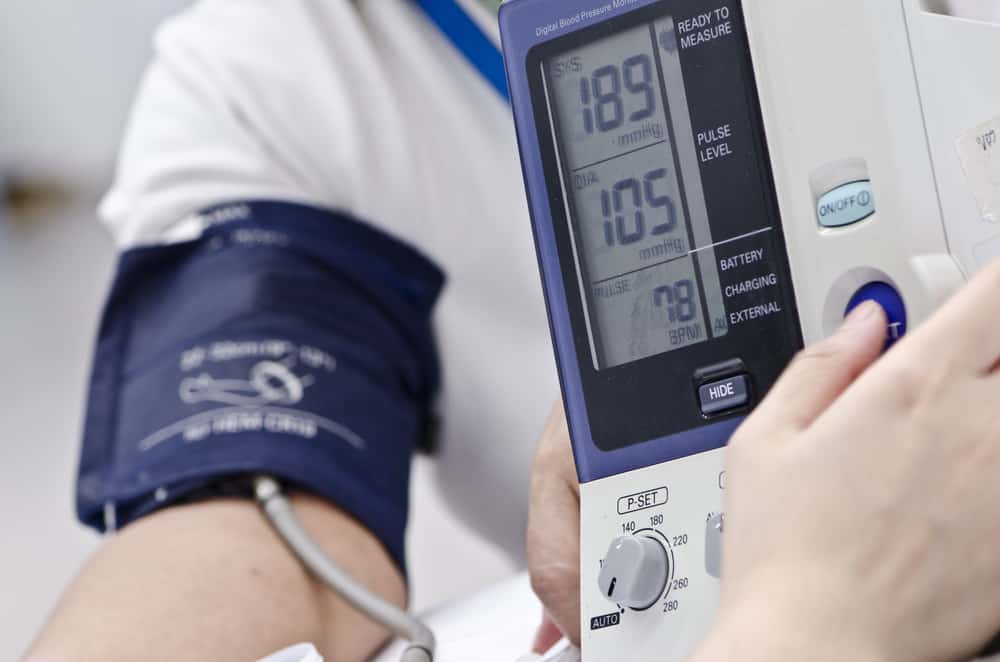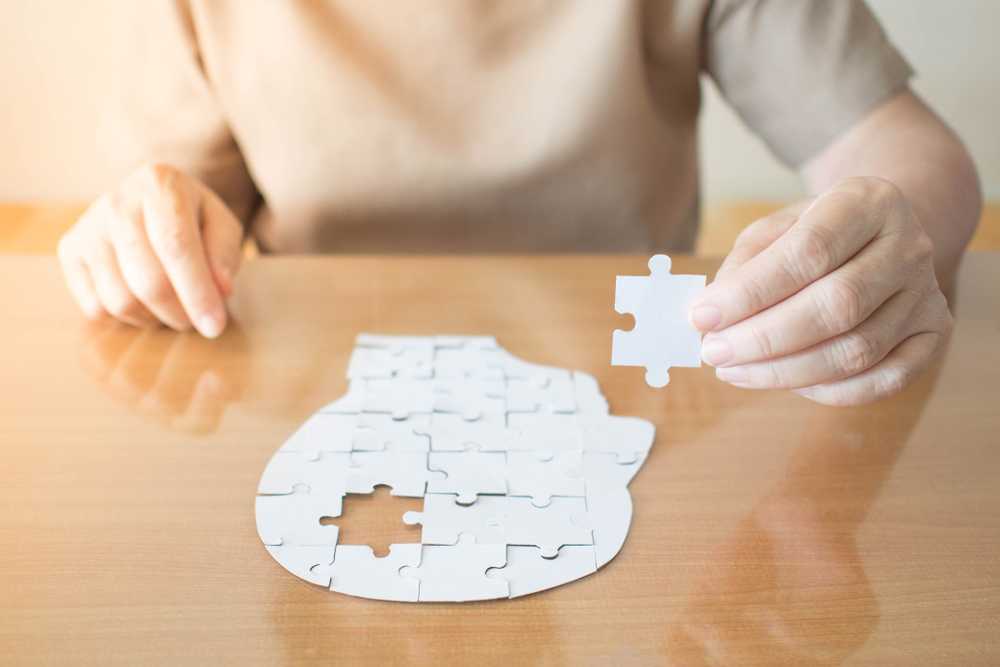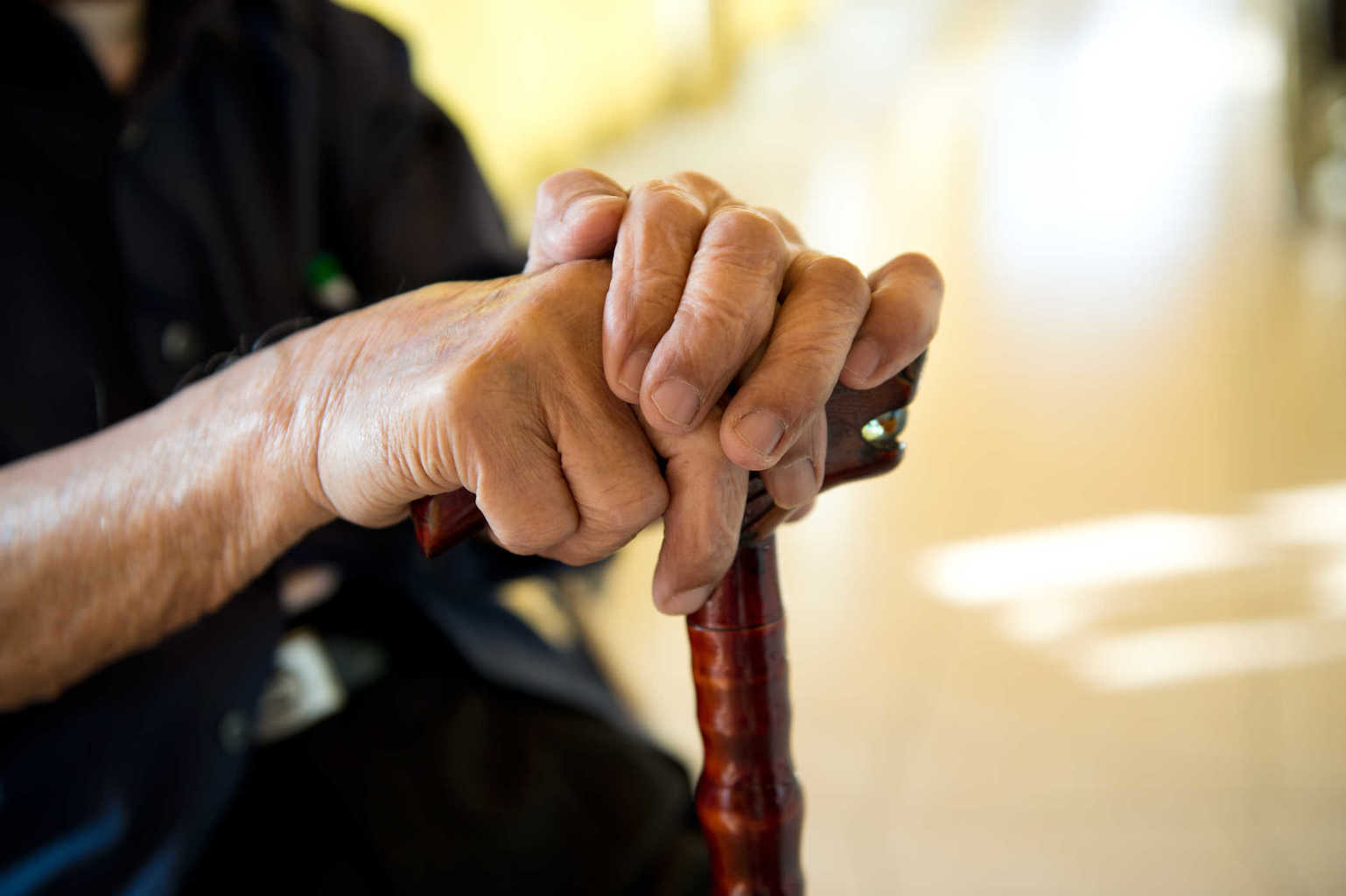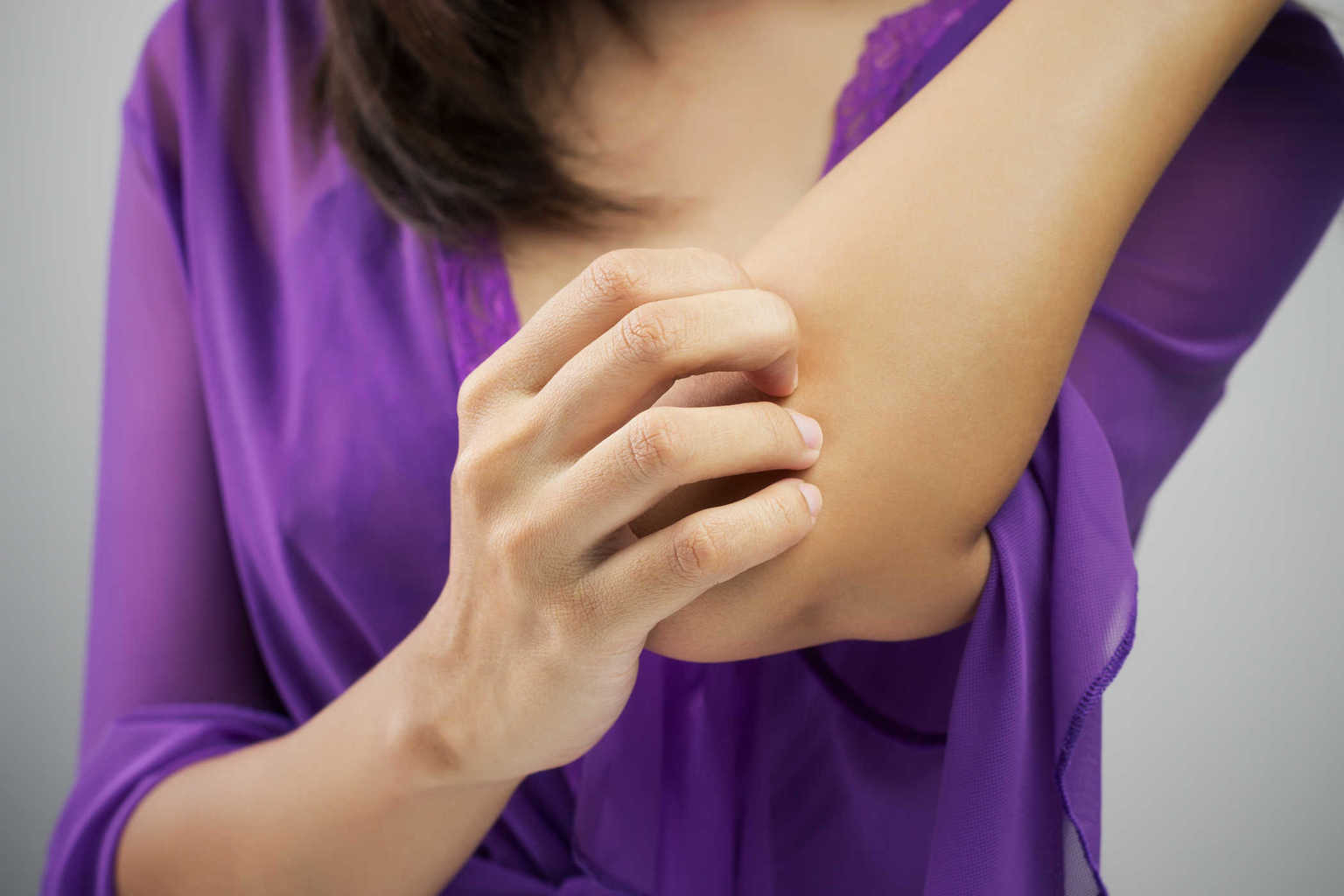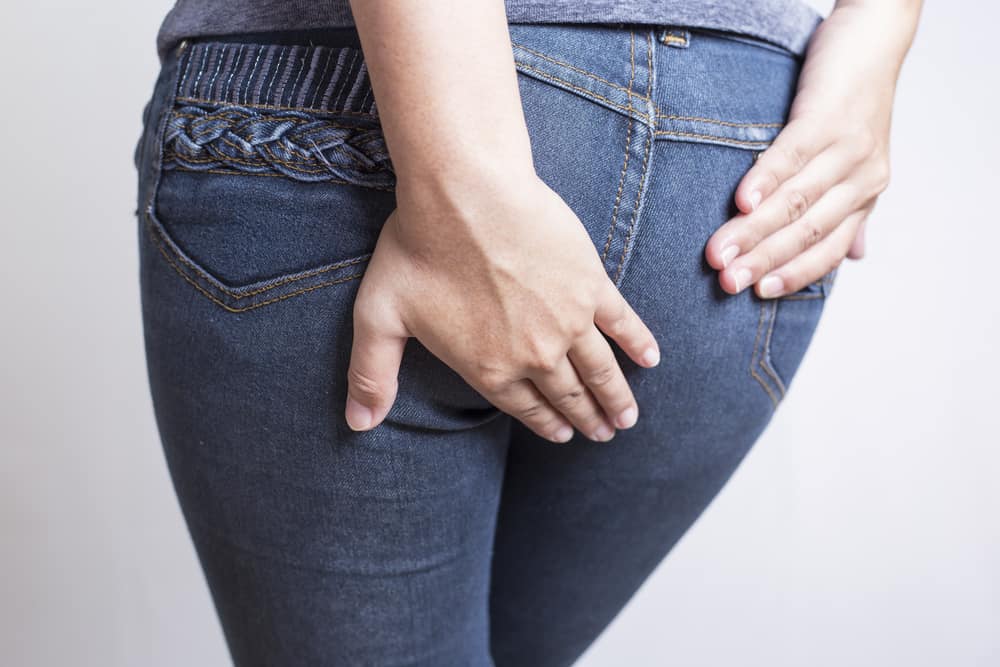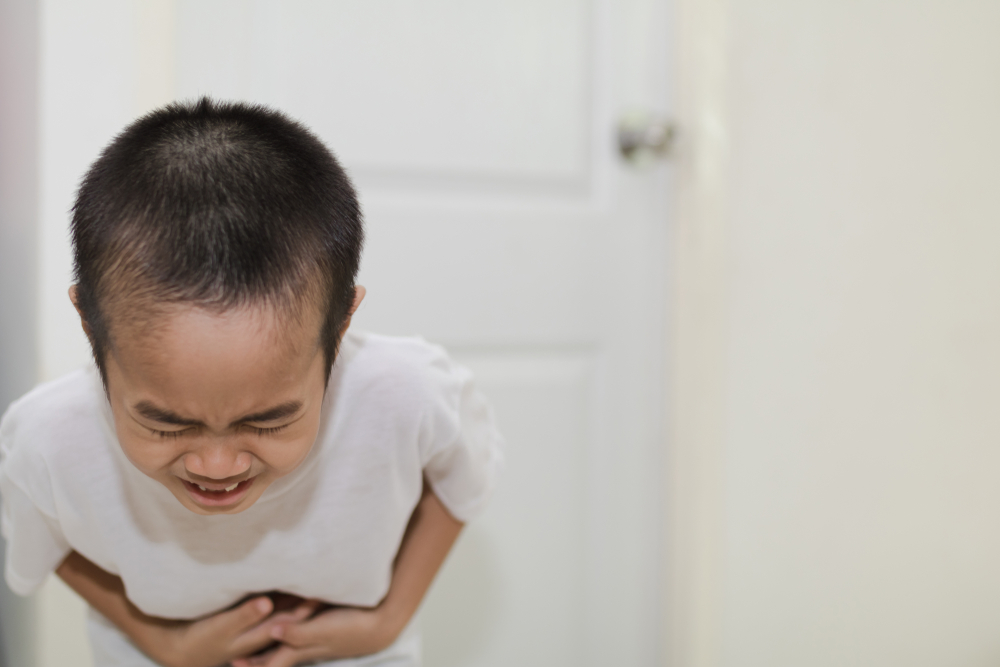Contents:
- Medical Video: 10 Facts About the Female Body Very Few People Know About
- 1. Men look younger than women
- 2. Men experience a decrease in muscle mass first
- 3. Difference in happiness level
- 4. Menopause and andropause
- 5. Men experience baldness
- 6. The male brain is aging faster than the female brain
- 7. Male life expectancy is lower than that of women
Medical Video: 10 Facts About the Female Body Very Few People Know About
Since the growth period, boys and girls have entered adolescent adolescence at different ages, where women tend to experience puberty earlier. These differences continue into adulthood and enter the elderly. Men and women have different growth patterns in terms of physical, mental, and emotional capacity. Here are some differences that can be found from men and women along with age.
1. Men look younger than women
In terms of appearance, increasing age will definitely cause changes in a person's skin. Women are more susceptible to various wrinkles on their faces from adulthood to the elderly, although both men and women have decreased levels of collagen with a number that is not much different at the age of 30 years.
This is due to the skin properties of men who age slowly so they tend to be less susceptible to aging. The testosterone hormone in men also plays a role in increasing skin thickness and collagen density. The skin in men also tends to be stronger and moist because it is more often exposed to lactic acid from the sweat produced.
2. Men experience a decrease in muscle mass first
Although weight gain is generally influenced by intake and activity, there are differences in the pattern of weight gain between men and women. Muscle mass in men will decline earlier than women at the age of 50 years. This is because the testosterone hormone tends to decrease so it cannot maintain muscle mass. Whereas in women, body weight has decreased after age 65 years due to a decrease in muscle mass, but this is not too influenced by a decrease in hormones.
3. Difference in happiness level
Based on a research, in the elderly, men tend to be happier than women. The proportion of elderly people who feel very happy in the study is greater in the male group (25%) than women (20%). In contrast to the female group, the proportion of very happy individuals is found in individuals with a younger age.
Men also tend to be more receptive to physical changes as age changes. One of research students also show that women are more worried about physical changes when they are older than men. Mood changes due to physical conditions are also often experienced by women at age 40 because of the appearance of facial wrinkles. Especially after menopause, rapid physical changes can also cause older women tend to be more easily depressed.
4. Menopause and andropause
Both are caused by changes in sex hormones that affect various reproductive functions in women and men. Menopause in women normally occurs at the age of 50 years. This is marked by the cessation of various reproductive functions in women because the body no longer produces the hormone estrogen and causes the body to get tired easily, the vagina feels dry, and the libido decreases. While hormonal changes in men are known as andropause. Unlike menopause, andropause does not interfere with fertility in men as a whole and occurs gradually after men aged 30 years. Andropause may cause erectile dysfunction and decreased libido, but healthy men can still produce sperm cells in old age.
5. Men experience baldness
Both men and women have the same risk of experiencing baldness in addition to the influence of hormones and genetics. Changes in hair growth patterns usually begin to be experienced by someone at the age of 50 But the pattern of baldness is more susceptible to men while women tend to experience thinner and more straight hair growth.
6. The male brain is aging faster than the female brain
Decreasing cognitive function is a natural thing experienced by elderly men and women, but a decrease in brain function is more likely to be experienced by men than by women. A study explained that the inner part of the brain (subcortical) in men tends to age and experience a decline in function faster. This part of the brain functions as a unit to process various cognitive abilities to move and process emotions.
7. Male life expectancy is lower than that of women
Based on data from BPS, Life expectancy in Indonesia in 2014 for male individuals was 68.9 years while women were 72.6. That means women have an average age of around 4 years longer than men. Of course things are very closely related to differences in health and lifestyle conditions between men and women.
Men have different patterns of activity and work than women. The way men deal with stress and deal with health problems can also have an impact on their health conditions in the future. One of research also has shown that men have an average blood pressure higher than women of all ages. This also allows men to be more susceptible to various cardiovascular diseases at a young age.
READ ALSO:
- 6 Benefits of being a woman in terms of health
- 4 Important Facts About the Middle-aged Crisis (Midlife Crisis)
- Prevent Hypertension in Older People





